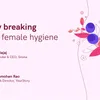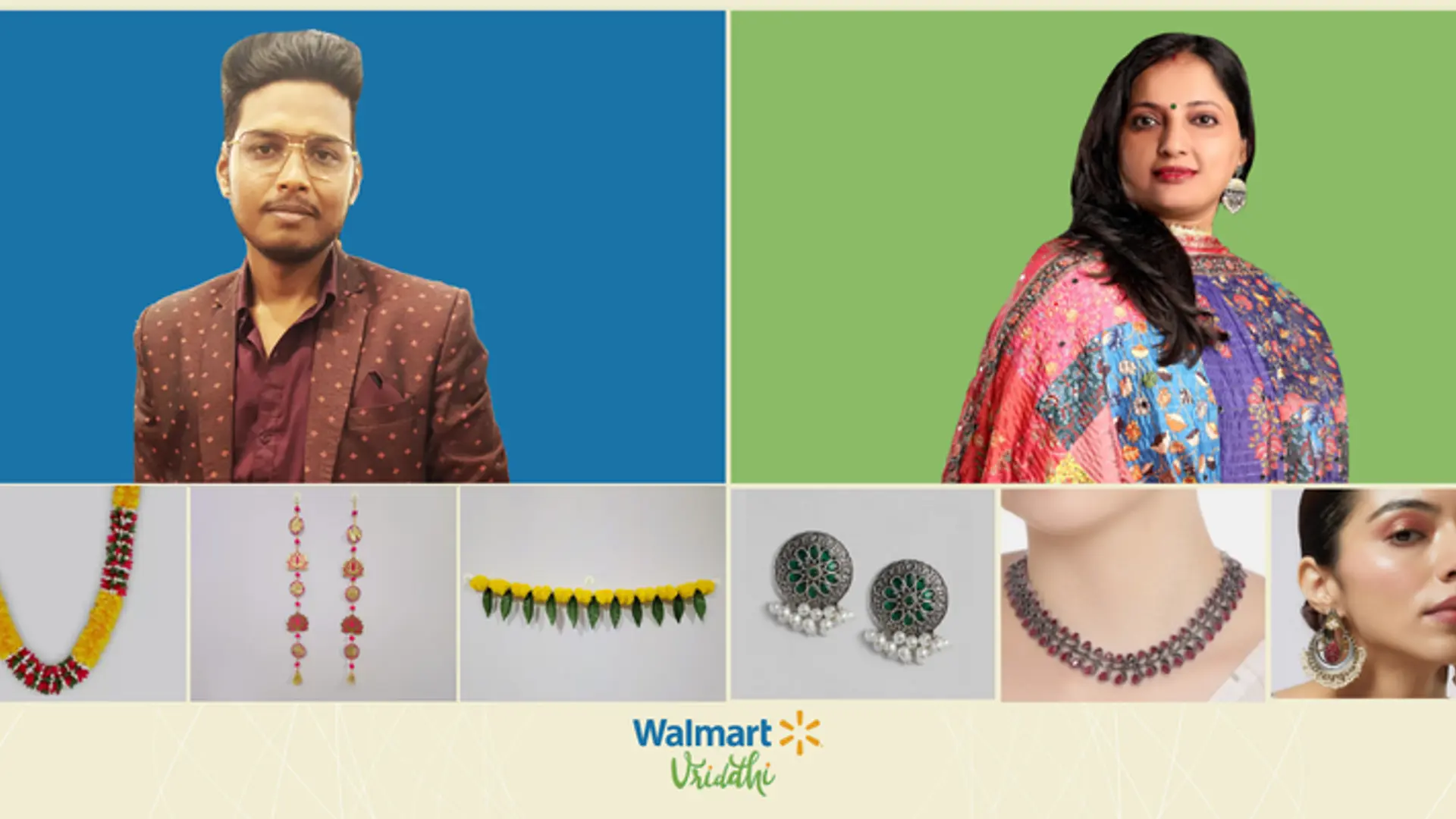How Living International Water Foundation is breaking taboos around menstrual hygiene and preventing teen pregnancy in Africa
In a conversation with HerStory, Maitabel Okumu talks about the work she and her organization has done towards breaking taboos around menstrual hygiene and equipping young girls with pads in Africa.
Maitabel Okumu has gained years of experience working in Africa, especially with the government of Kenya as a public health officer in Epidemiology and Disease Contro to help young girls deal with menstrual hygiene.
Wanting to do more, she joined Living Water International in 2012 where she realised that many parts of the world still deal with basic issues around washing, water, sanitation, and hygiene activities.
Initially, she decided to only promote hygiene and sanitation, but keeping in step with the United Nations Sustainable Development Goals (SDG), the organisation is work towards achieving SDG six, which is a sanitation hallmark.
In Uganda, they've formed community mobilisation groups and work with them to employ ‘flourish’ model or approach in living water, where they train these groups.
In a conversation with HerStory, Maitabel Okumu talks about the work the organisation’s does towards sensitising young girls in Africa.

CMO Training Pad Manufacturing Session
HerStory (HS): Can you tell in the detail the work you do and how it helps?
Maitabel Okumu (MO): Hygiene and pregnancy management is a problem not only in Kenya, but in Africa as a whole. It is one of the major problems that women face, especially teenagers and schoolgoing girls. But the problem in Kenya got exacerbated during the COVID-19 pandemic. I'll give you an example.
Our government used to distribute sanitary pads to school-going pupils. But when the pandemic struck, most girls could not afford to buy these pads. As a result a majority of these teenagers for pregnant. Why did they get pregnant? They were exchanging sex for pads. So during the pandemic, we lost most of our teenagers who got pregnant because of a lack of sanitary pads.
It is a problem in Africa. We realised we have to go to the extent of forming community-based organisations that can make reusable pads and sell them to pupils or girls at a subsidised price. The poverty in the region is high, and not everyone can afford these things.
Keeping that in mind, the reusable pads we make are sustainable, and can be reused for maybe approximately a month to six months. But again, though we are giving them pads, they can only be reused if we have clean water – because it's also important to maintain hygiene.

LWI Uganda Pad Manufacturing Training
HS: What are the on-ground challenges dad you face?
MO: We face challenges in keeping a tab on whether women are late when it comes to their menstrual cycle, battling the deep stigma and societal norms, and the taboos associated.
Right now we are trying to tell men and boys that menstruation is a normal cycle and is not evil at all. We teach them to not stigmatise our girls in school when they're going through this normal period. We've even formed sanitation clubs to ensure that we include boys so that they unlearn the stigma.
The biggest challenge was the availability and accessibility of sanitary pads in schools. That has been one of the biggest challenges to an extent that some girls would miss going to school during their menstrual period. While missing school definitely affects their education, if they miss every month, that affects their performance in school.

Members of Ndurur Community after attending a menstrual hygiene session
HS: What are the regions you are looking at?
MO: Right now I'm focused on Africa. I'm supporting around nine countries: Kenya, Uganda, Rwanda, Zambia, Zimbabwe, Liberia, Sierra Leone, and Burkina Faso.
HS: What are the next steps?
MO: We intend to design a global strategy that will come up next year. We have just piloted in Uganda and Sierra Leone, but right now, it's something that we've included in our strategy. So we are hopeful that this is something that will be moving forward.
Edited by Kanishk Singh









